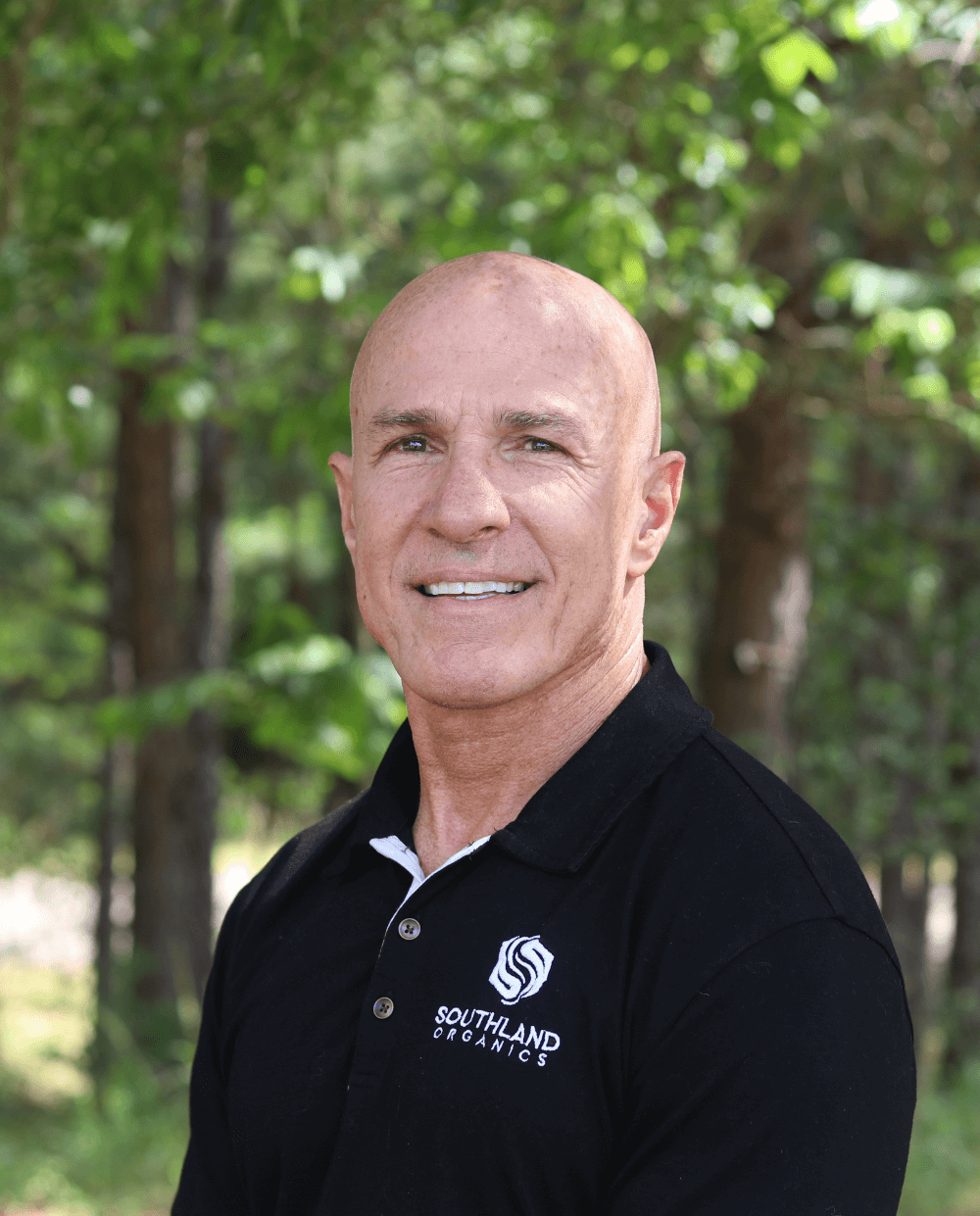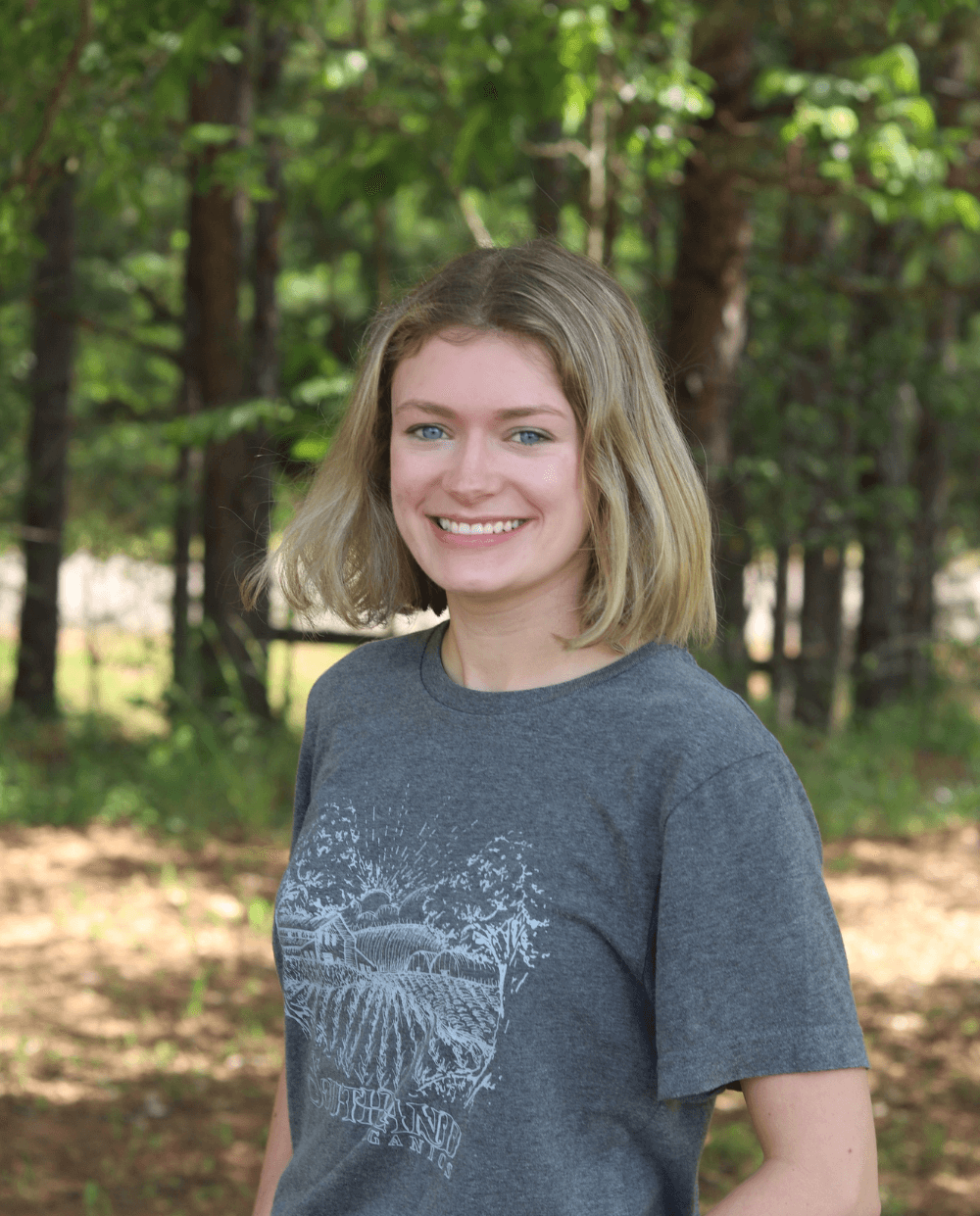The #1 environmental stressor for chickens is heat stress, and humidity makes its impacts much more harmful. Both heat and humidity are at their worst over the summer, so let's talk about how to manage them.
Impacts of Heat Stress
Heat stress has a huge impact on a chicken's body. It can cause a variety of negative outcomes, including tissue damage, decreased feed intake, decreased feed absorption, worsened necrotic enteritis and increased gut permeability (a.k.a. leaky gut).
Unfortunately, farmers can't control how hot it is outside, so most have to deal with heat stress. Here, we will focus focus on humidity and how it impacts heat stress.
Cool Cells and Humidity
Birds cool themselves down by panting, which increases their respiratory rate. When it's humid, they have an even harder time getting rid of moisture, making the negative effects of heat stress even more powerful.
Cool cells are great for reducing temperature in poultry houses, but they put moisture in the air. For every degree that a cooling pad brings down the temperature, it adds 2.5% humidity into the air. For example, if a cool cell reduces your house's temperature by 10 degrees, humidity will increase by 25%.
So while cool cells offer valuable temperature reducing properties, they also increase the humidity in your house. This should be taken into consideration when assessing how heat stressed your birds may be.
Poultry House Ventilation
The University of Georgia has a great resource on poultry ventilation, from which we were able to inform this blog and video. One of our top takeaways from their site is from Dr. Micheal Czarick: When you have increased humidity in your house, you must move the air at least 500 feet per minute in order to prevent increasing the heat of the bird.
Dew Point Temperature
Another great recommendation from Dr. Czarick is to look at the day's dew point temperature instead of humidity level. The dew point temperature is a more accurate representation of your house's humidity level. This is because it remains constant throughout the day and will tell you how much moisture is in the air.
A rule of thumb is that a dew point temperature of above 75 degrees warrants extra effort towards cooling. If this is the case, it's more important than ever to get your shadow on your farm and really watch your birds. Make sure someone is keeping an eye on the birds and that all your equipment is working properly to avoid heat-related mortality.
Many growers lose birds to heat in the summer. Because humidity makes heat stress worse, simply having a cool cell is not always enough. Be sure to check air flow, humidity and dew point temperature, and always keep an eye on your birds to look for symptoms of heat stress.
Contact Us
Have any questions or ideas for future Poultry Biosecurity videos? Contact Allen Reynolds at allen@southlandorganics.com or 800-608-3755.






